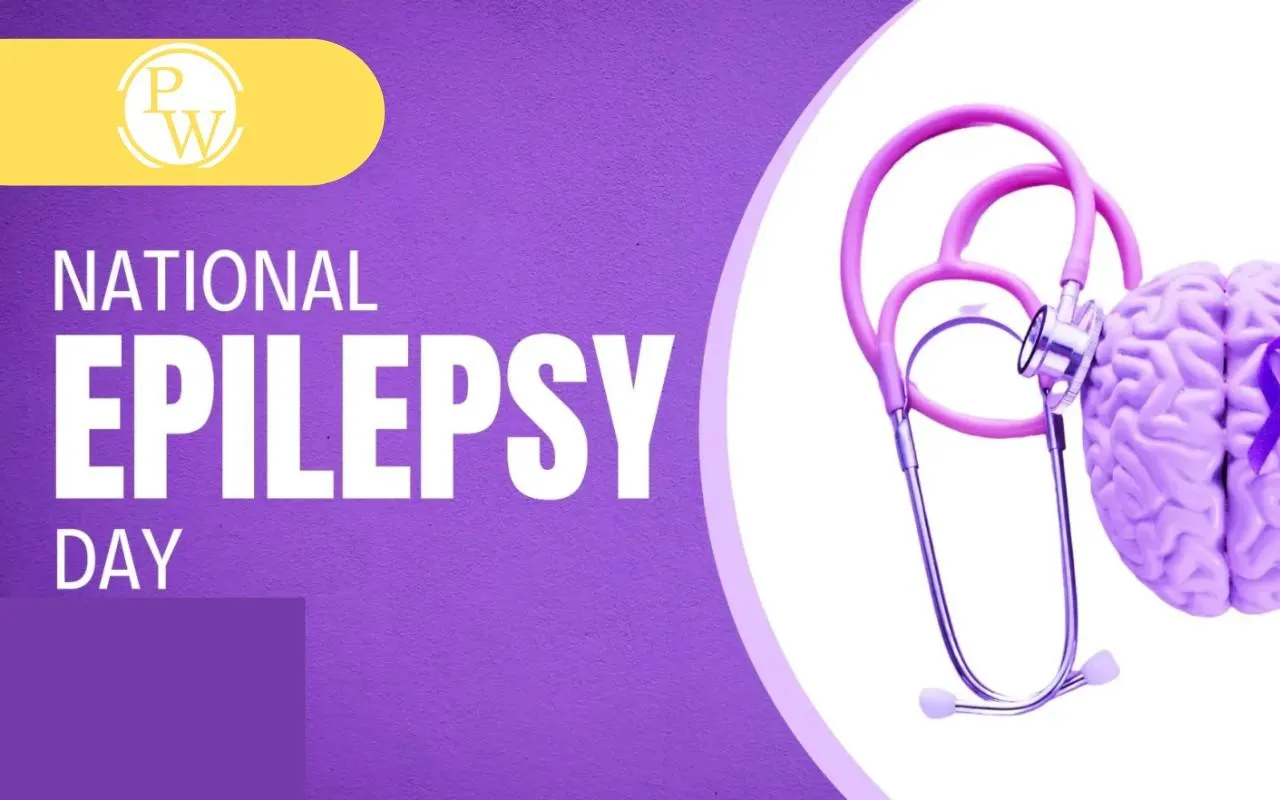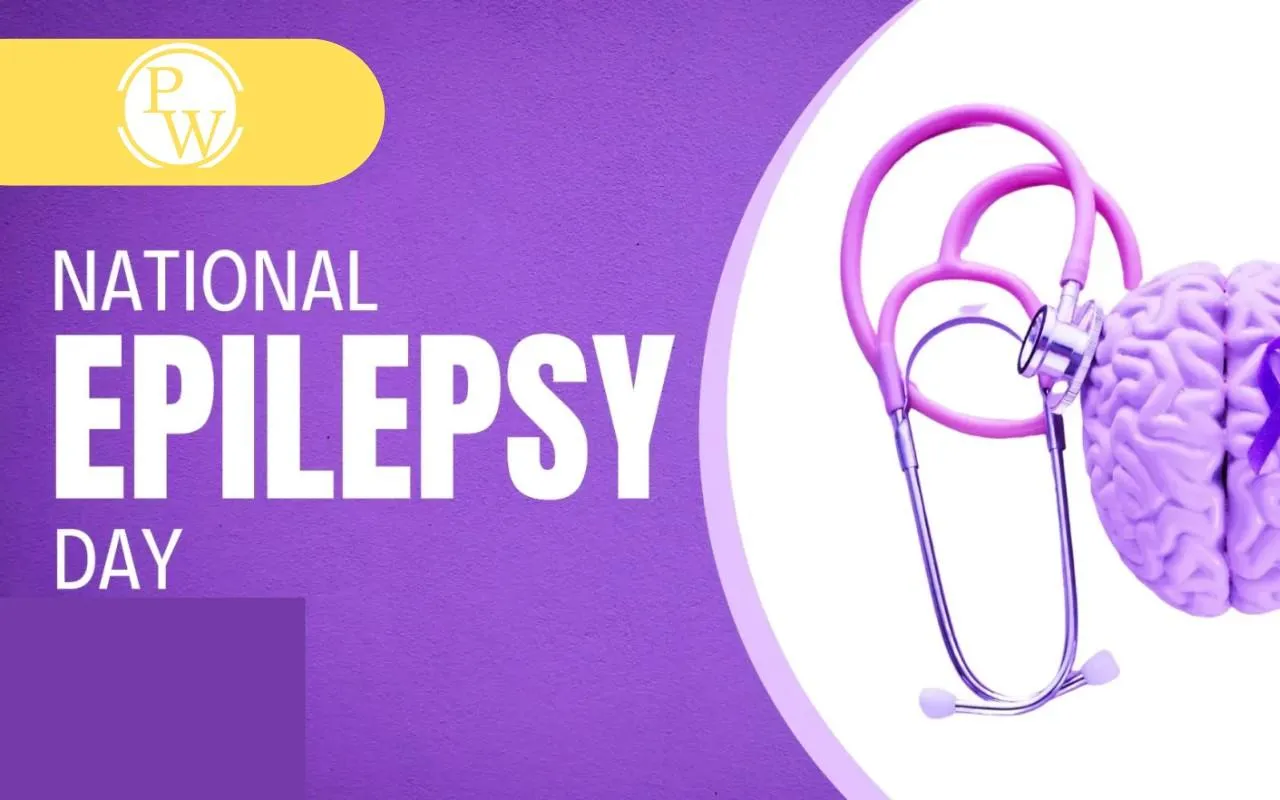

Every year on November 17th, National Epilepsy Day is observed in India with a crucial goal: to spread awareness and understanding about epilepsy, a neurological disorder impacting millions globally. This day serves as a strong reminder about the need for empathy, education, and support for people living with epilepsy. Despite epilepsy affecting nearly 50 million people worldwide, misconceptions and social stigma remain significant barriers to improving lives. National Epilepsy Day aims to break these barriers by educating the public and connecting communities.
Why National Epilepsy Day Matters
National Epilepsy Day plays an important role in raising public knowledge about epilepsy. Many people confuse epilepsy only with seizures, but it is a complex brain condition associated with irregular brain activity. The day highlights the physical and emotional challenges faced by individuals with epilepsy, including anxiety, depression, and risks like falls or injuries. This awareness helps society understand that people with epilepsy need compassion and support, not judgment or discrimination.
The event also bridges the gap between patients, families, and healthcare providers by offering platforms for information sharing and support. Multiple organizations conduct seminars, workshops, and free consultations to encourage timely diagnosis and effective treatment. Understanding epilepsy better means more people can receive proper care and live fulfilling lives.
Common Causes and Symptoms of Epilepsy
Epilepsy is caused by abnormal electrical activity in the brain, which leads to seizures or sudden episodes of unusual sensations, behavior, or loss of consciousness. It can develop at any age and affects people of all backgrounds. The symptoms vary widely from person to person, which makes awareness crucial so that signs are recognized early and help is sought promptly.
Some common signs include repeated seizures, uncontrolled jerking movements, brief lapses of awareness, or strange sensory experiences. Knowing about these symptoms helps families and communities provide support and seek medical advice without delay.
How Awareness Helps People with Epilepsy
Raising awareness through National Epilepsy Day reduces the stigma surrounding this neurological disorder. Many individuals with epilepsy face social exclusion in education, work, and community life due to myths and misunderstandings. Education combats these issues by sharing accurate facts about epilepsy’s causes, effects, and treatments.
Through awareness campaigns, the public learns that epilepsy can often be managed successfully with medication and care. This understanding encourages more inclusive attitudes and better support systems. Additionally, early intervention and ongoing care lower the risk of injury and improve quality of life.
How You Can Participate in National Epilepsy Day
Participating in National Epilepsy Day is a step toward building a more supportive society. You can join local events, spread educational messages on social media, or volunteer with organizations that assist epilepsy patients. Even sharing knowledge among family and friends helps break down misconceptions and create empathy.
Healthcare centers and advocacy groups often offer free medical consultations and resources on this day, so encouraging those affected to access these services makes a big difference. Every effort counts when it comes to uplifting the lives of people living with epilepsy.
